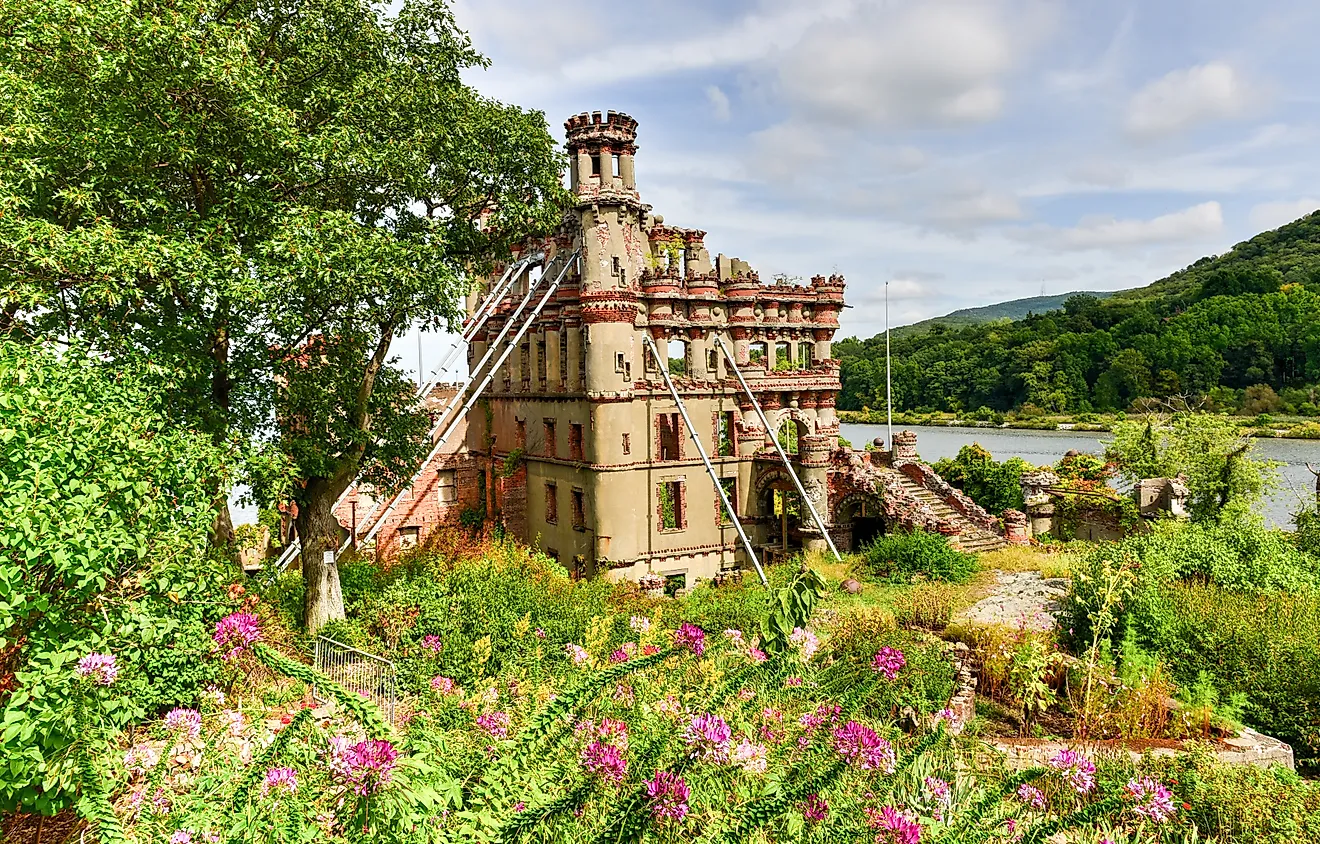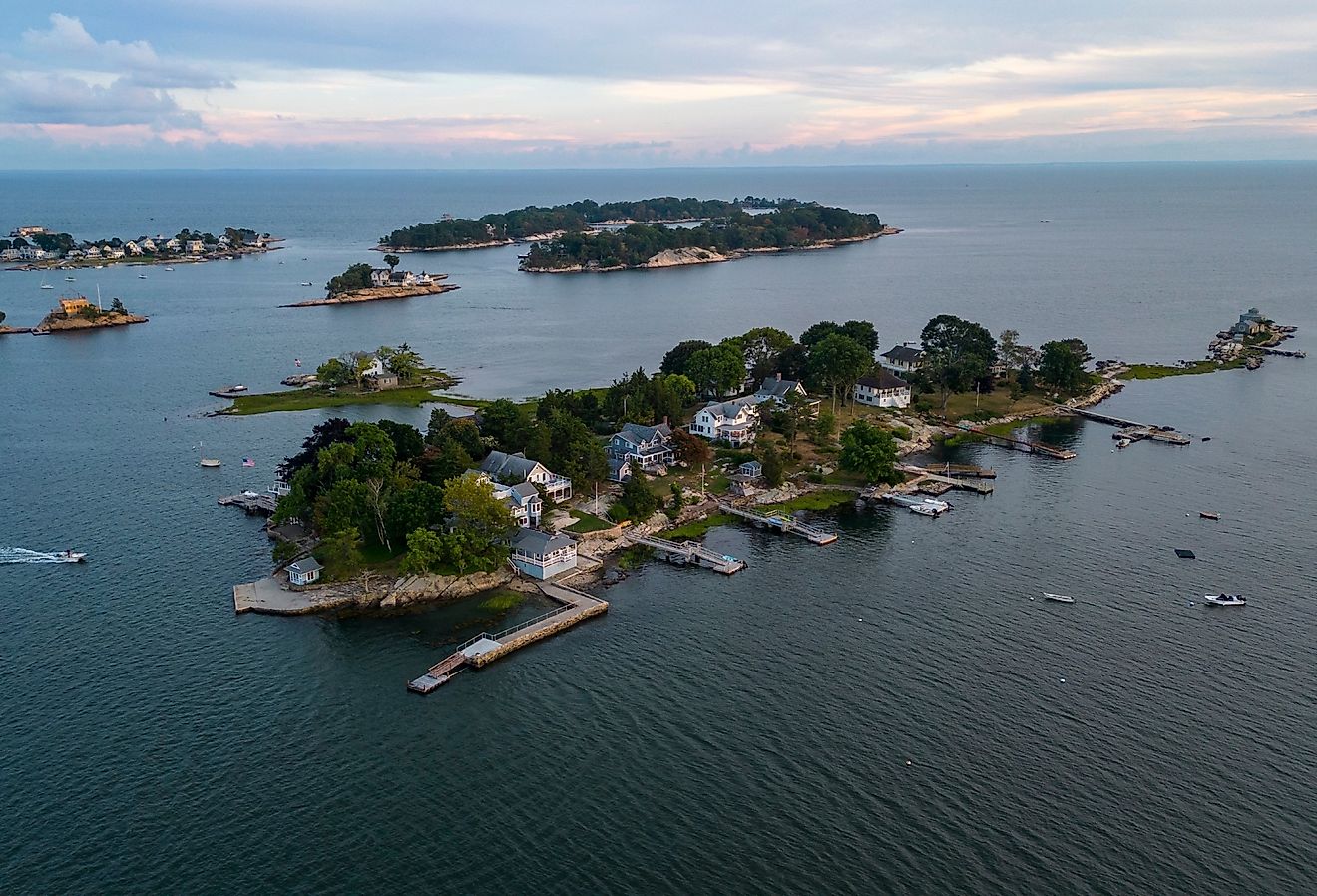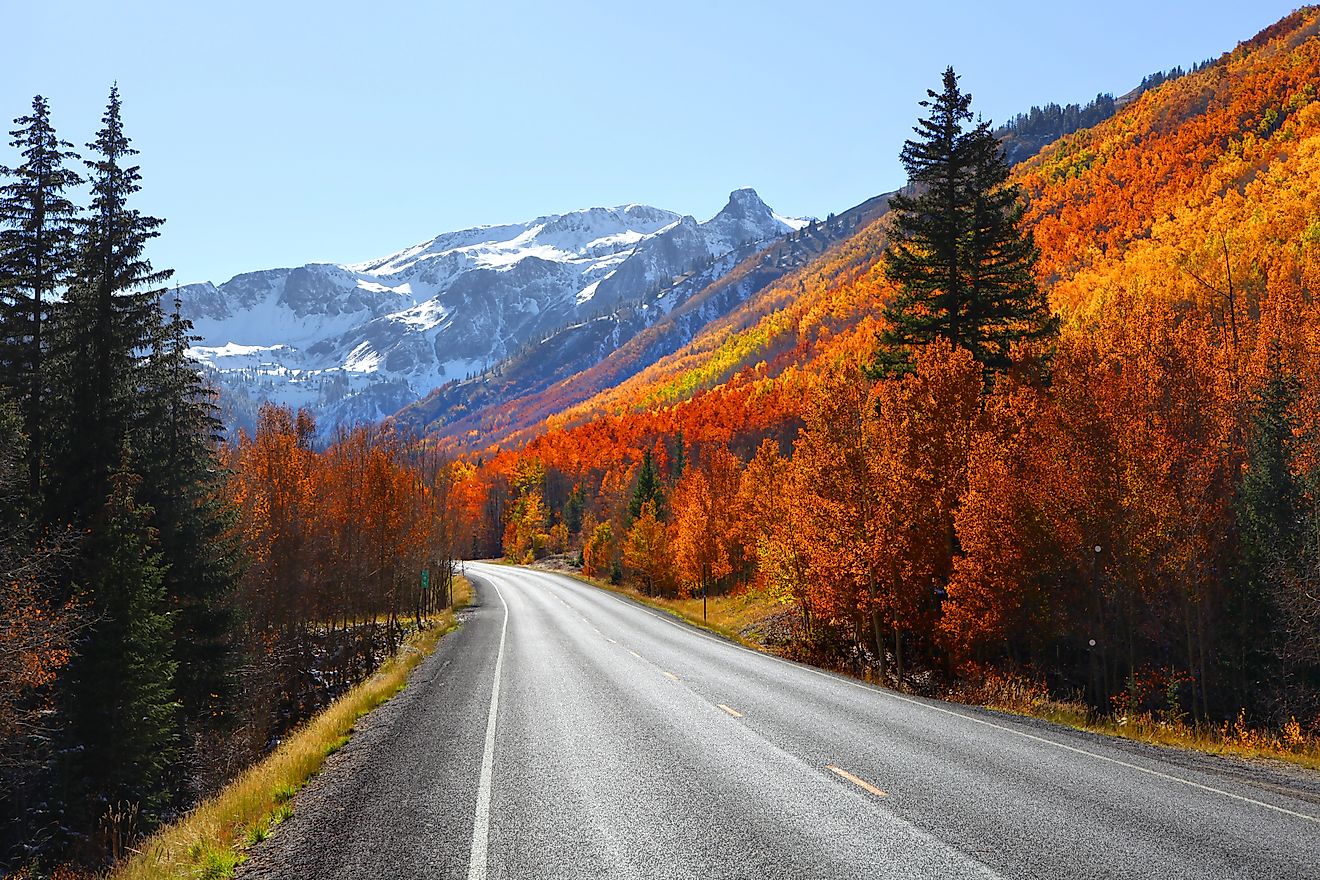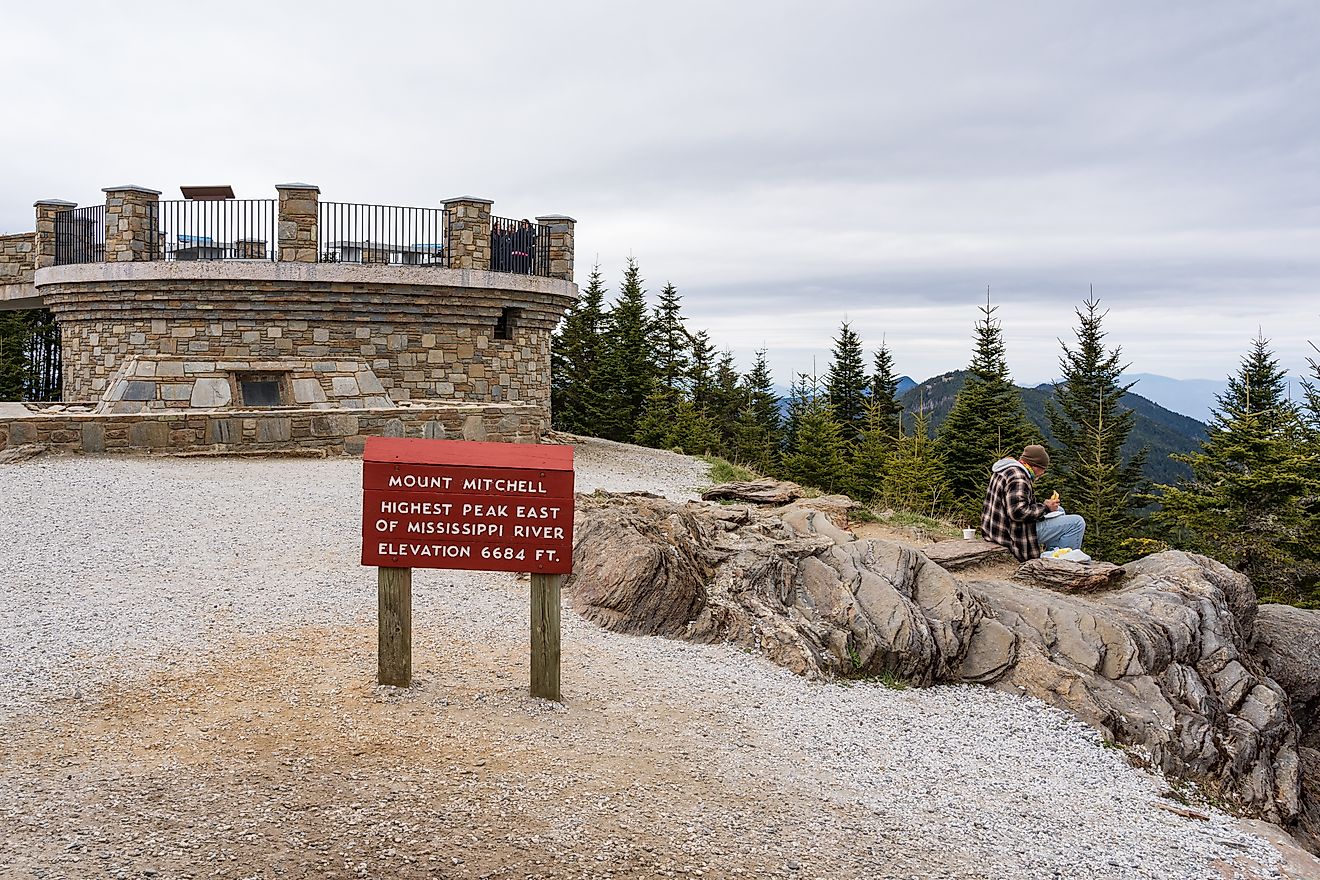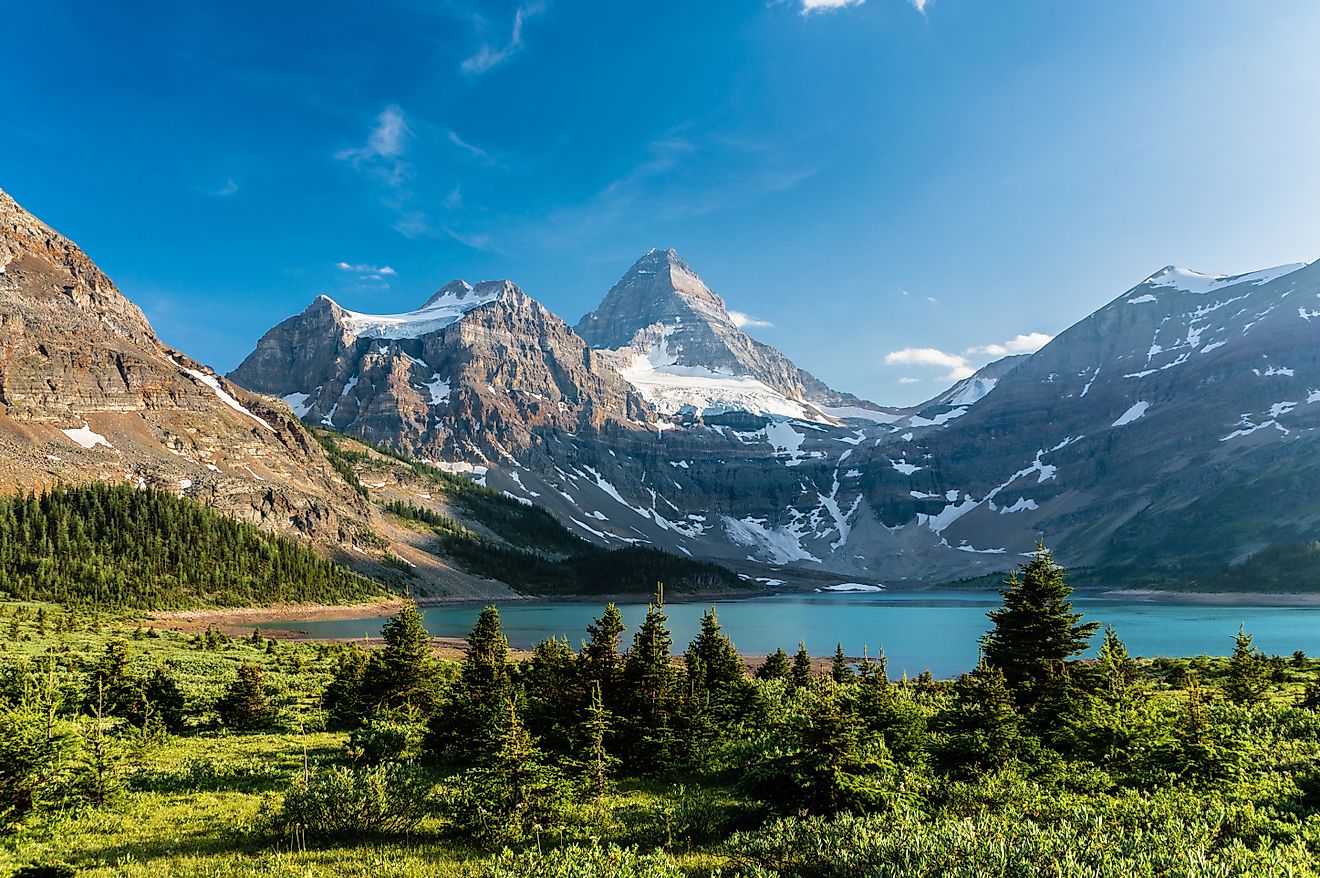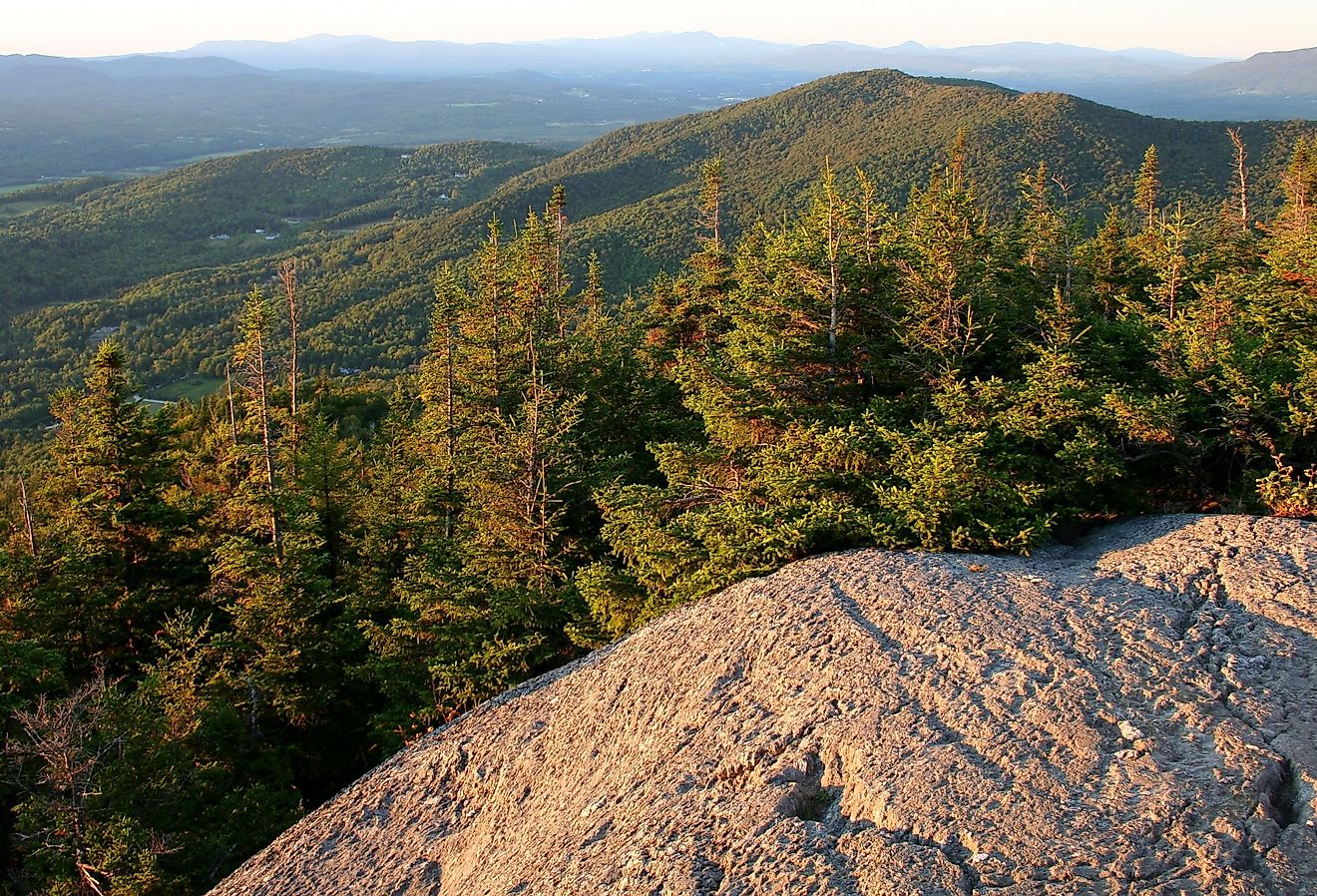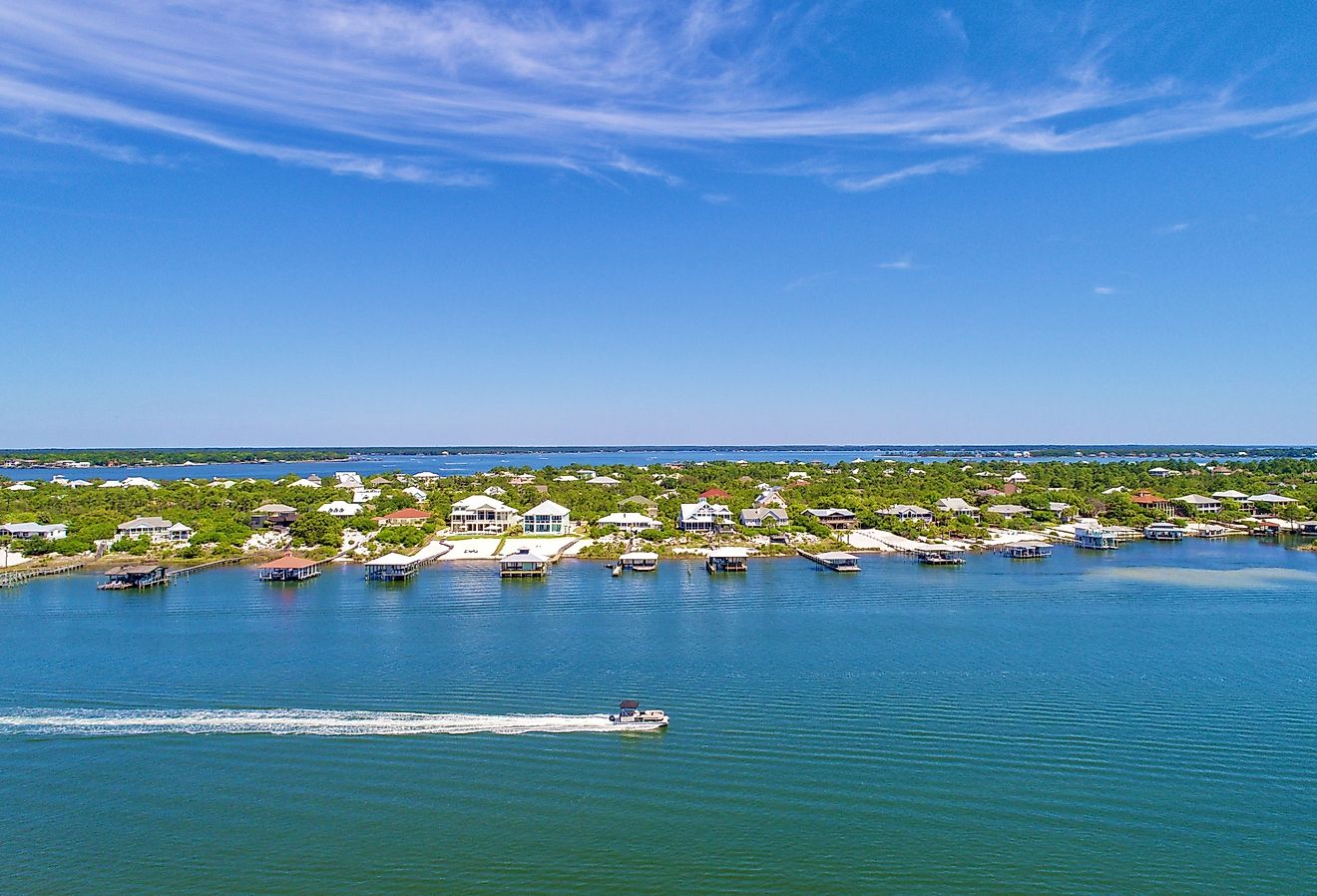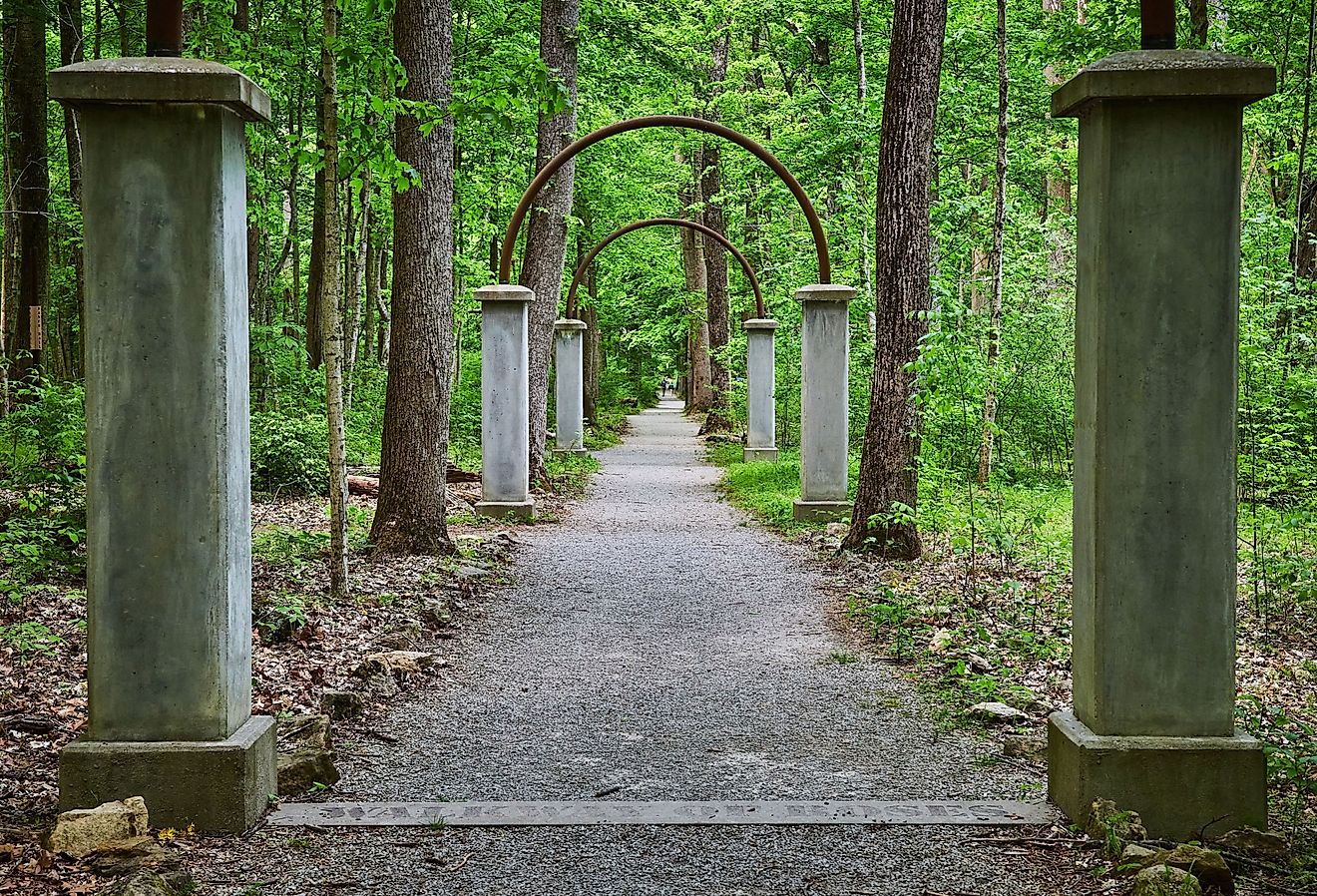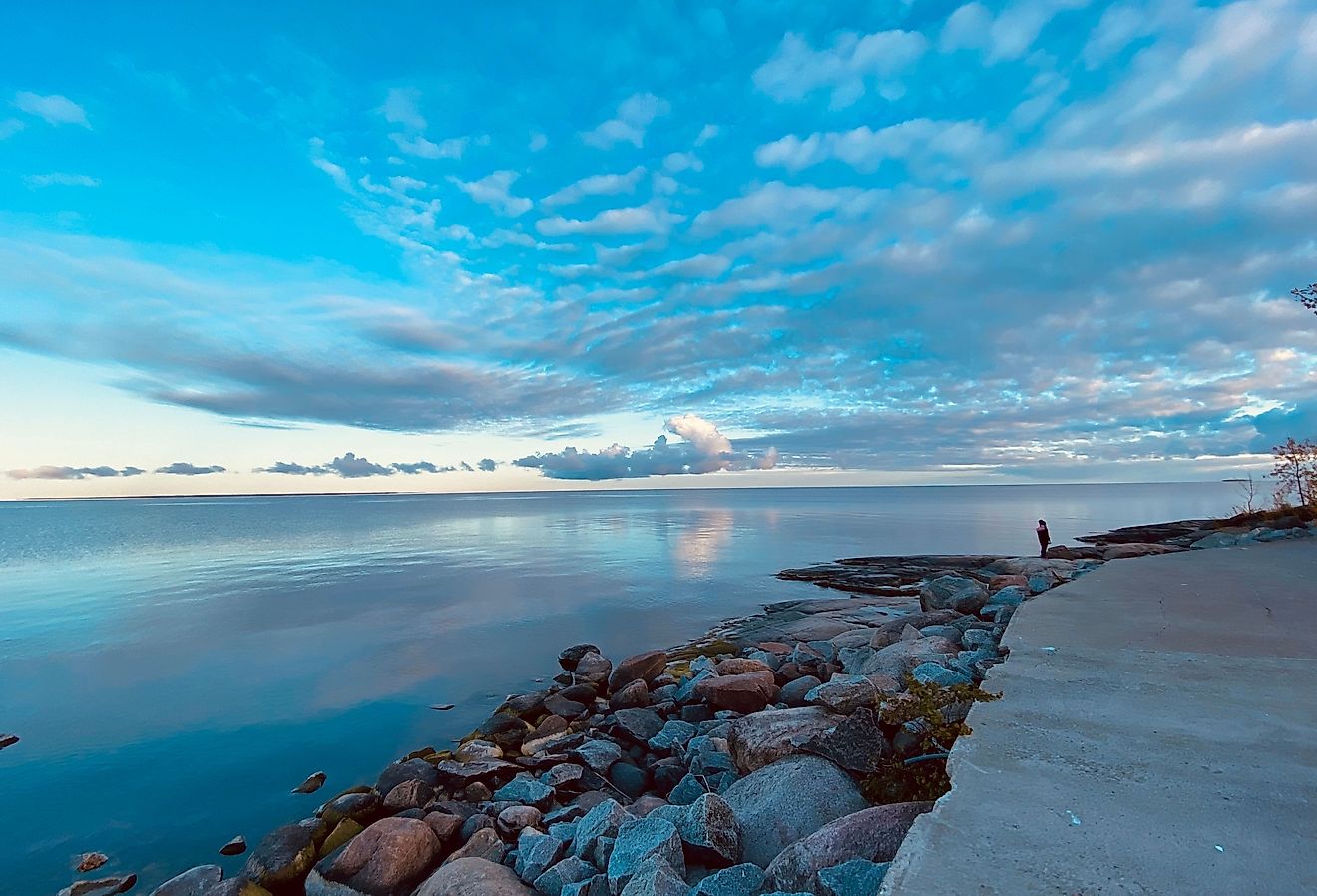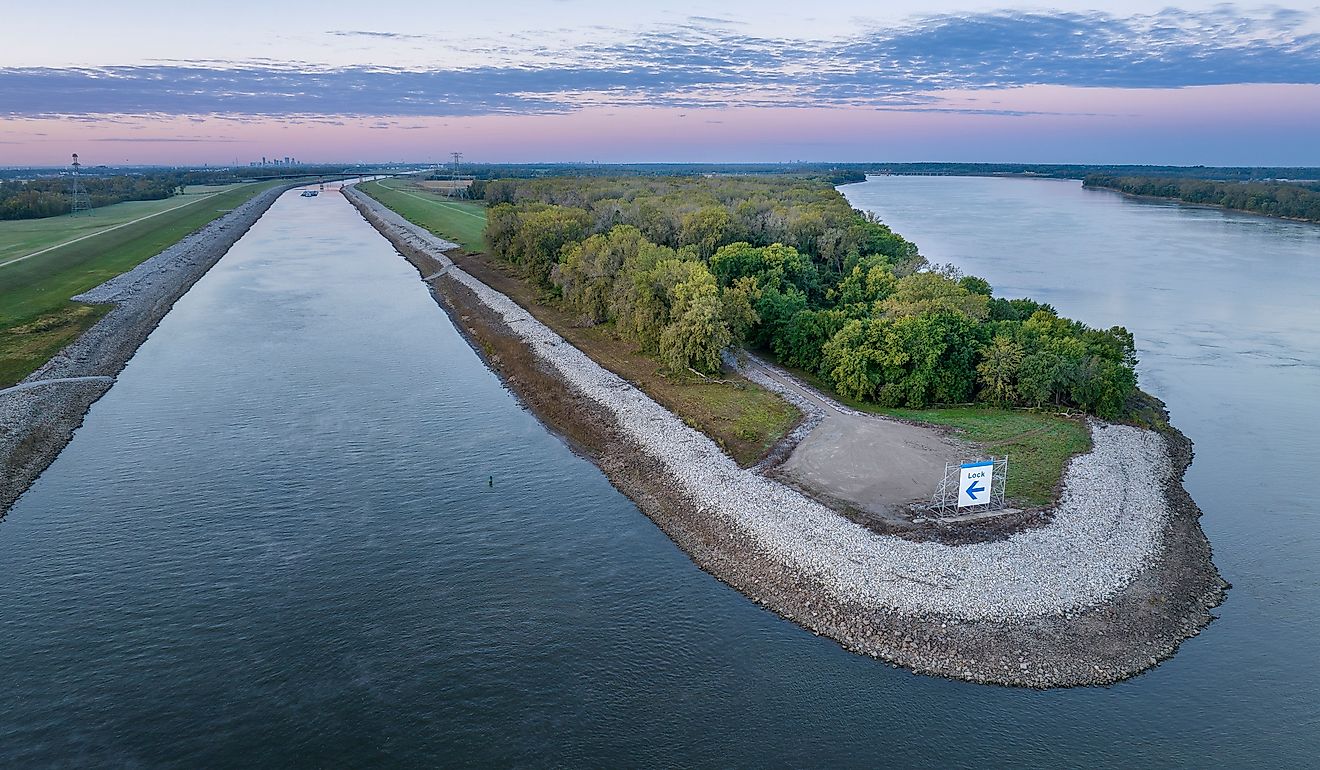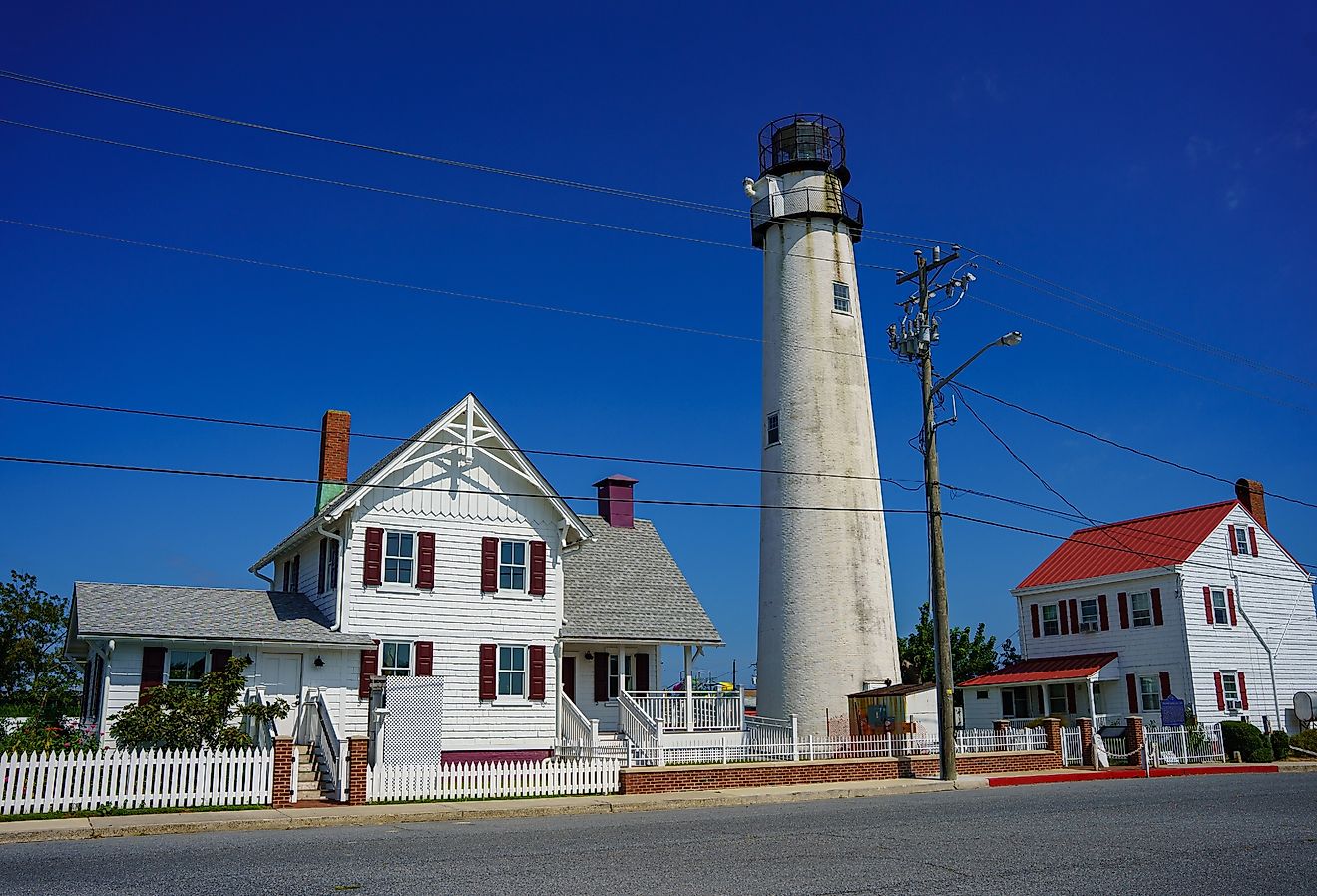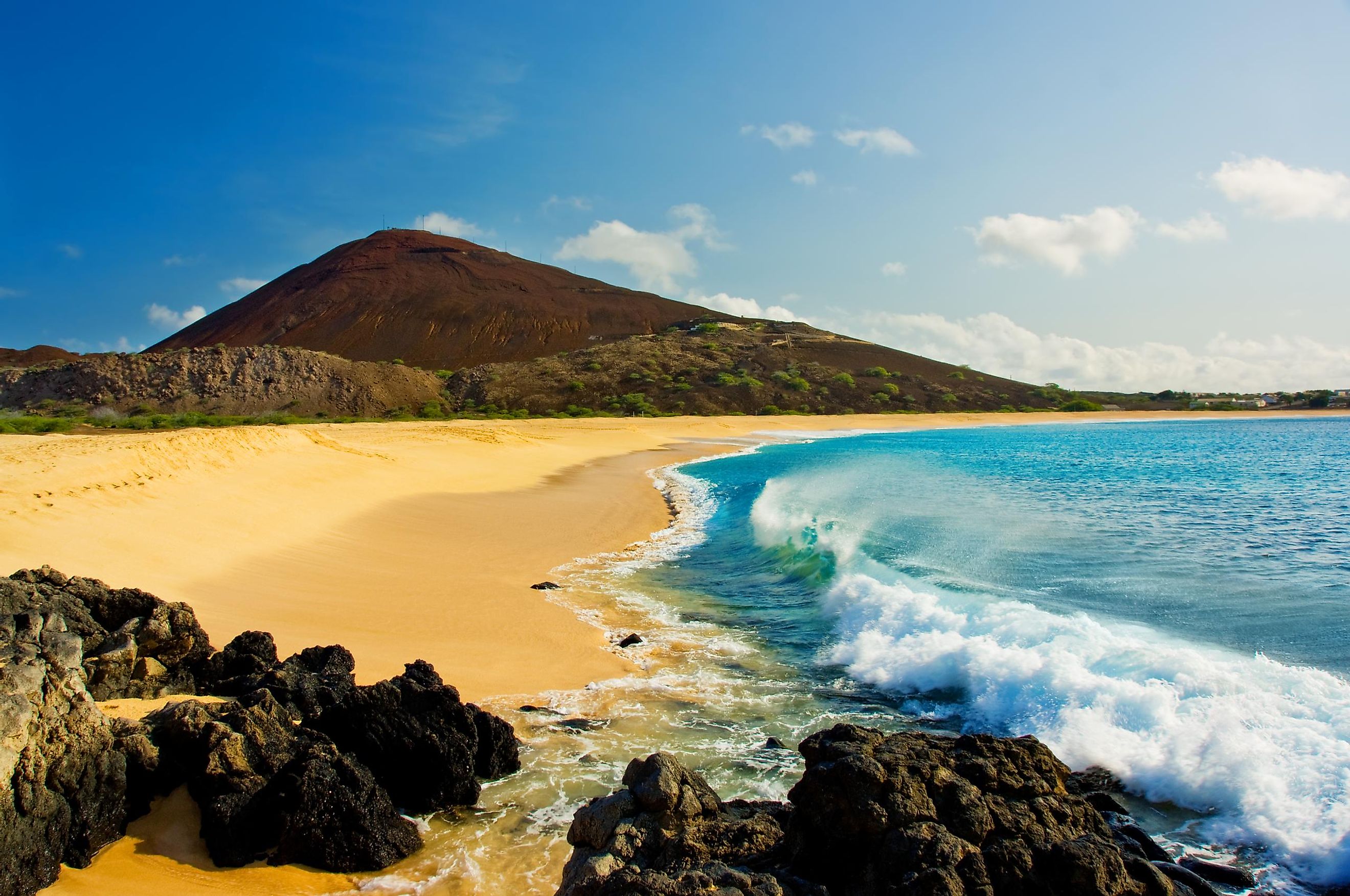
Ascension Island
Ascension Island is a remote volcanic island located in the heart of the tropical South Atlantic Ocean. The island is about 2,300 km from the coast of Brazil and about 1,600 km from the African coast. Along with the islands of Saint Helena and Tristan da Cunha, Ascension Island forms a part of the British Overseas Territory of Saint Helena, Ascension and Tristan da Cunha. Saint Helena is approximately 1,300 km southeast of Ascension Island while the Tristan da Cunha archipelago is located about 4,300 km southwest of Saint Helena.
Geography

Ascension Island covers an area of about 88 km2 and is a volcanic islet that comprises over 44 distinct dormant volcanic craters. A major portion of the island’s terrain is considered a wasteland that is composed of cinder cones and extensive lava flows. Geologists have estimated that Ascension Island is the tip of an undersea volcano that rose above the sea waters only a few million years ago. The last volcanic eruption on the island is believed to have occurred about 500 years ago. The volcanic activity on the island is considered to be linked with the Mid-Atlantic Ridge plate boundary that is located about 80 km to the west of Ascension Island.
As a result of these recent volcanic eruptions, the island’s soil is primarily composed of broken lava rocks (clinkers). Green Mountain, which rises to an elevation of 859 m, is the highest point on Ascension Island. No surface streams are found here and a major portion of the island’s water supply is generated by desalinization plants. Numerous alkaline rocks including basalt, rhyolite, trachyte, and trachyandesite have been observed on Ascension Island. Many white sandy beaches are also found here.
Georgetown on the western coast serves as the capital and the principal settlement of Ascension Island. Some of the other notable settlements on the island include Wideawake Airfield, Cat Hill, Travellers Hill, and Two Boats. There are no permanent inhabitants on Ascension Island but anyone who lives on the island must have a contract of employment for the organizations that are working on the island.
According to the Köppen climate classification, Ascension Island experiences a hot desert climate, with average temperatures ranging between 22.7 to 27.8 °C in the coastal areas and temperatures about 5 to 6 °C cooler on the island’s highest point.
Wildlife

The Ascension Island is mostly barren with only a few endemic plants like ferns and spurges. At Green Mountain, the British introduced a few notable plants like eucalyptus, banana, bamboo, and Norfolk pine. This eventually resulted in a fully grown cloud forest which also includes a variety of habitats like grassland, woodland, and scrubland. The Green Mountain National Park was established in June 2005 to conserve the threatened endemic floral species that are found in this cloud forest.
The wingless Troglotroctes ashmoleorum is an endemic insect species found on Ascension Island. The land crab is the largest native terrestrial animal on Ascension Island. Several varieties of donkeys, cats, sheep, and other domesticated animals have also been introduced here. Numerous fish species like barracuda, blackfish, bonito, tuna, wahoo, sharks, marlin are found in the surrounding waters. Some of the notable avian species that are recorded here include Ascension frigatebirds, red-billed tropicbirds, black noddies, sparrows, francolins, petrels, and white terns. Ascension Island serves as an important breeding site for endangered green sea turtles and Atlantic sooty terns (colloquially known as “wideawake birds”). In 2006, feral cats were eradicated from Ascension Island.
Brief History

The Portuguese navigator João da Nova discovered the island on May 21, 1501. This date was celebrated as the Ascension of Jesus Christ and therefore the island was named Ilha da Ascensão, referring to the religious feast day. The island was originally a dry, barren islet that was not at all appealing to most passing vessels except for the collection of fresh meat, and hence the island was not claimed by the Portuguese Crown. The sailors who visited the island hunted seabirds and green sea turtles. The Portuguese subsequently introduced goats on the island as a source of food for future explorers.
In 1701, HMS Roebuck, the British Royal Navy warship, sank in Clarence Bay off the northwestern coast of Ascension. The 60 men who survived the shipwreck lived for two months on the island until they were rescued. The survivors discovered a water spring in the island’s interior which is currently known as Breakneck Valley. In 1815, the first organized settlement was established on the island when the region was fortified by the British Admiralty, after imprisoning the French Emperor Napoleon I on the neighboring Saint Helena Island. On October 22, 1815, the island was captured by the British Royal Navy ships HSM Peruvian and HSM Zenobia and was transformed into a naval base. In 1922, the island became a dependency of Saint Helena and was managed by the Eastern Telegraph Company. During the Second World War, an RAF station known as “Wideawake Airfield” was established on Ascension Island by the US Army of Engineers. The island adopted a democratic form of government in 2002 and according to the island’s constitution in 2009, Ascension Island forms an equal part of the British Overseas Territory along with Saint Helena and Tristan da Cunha.
